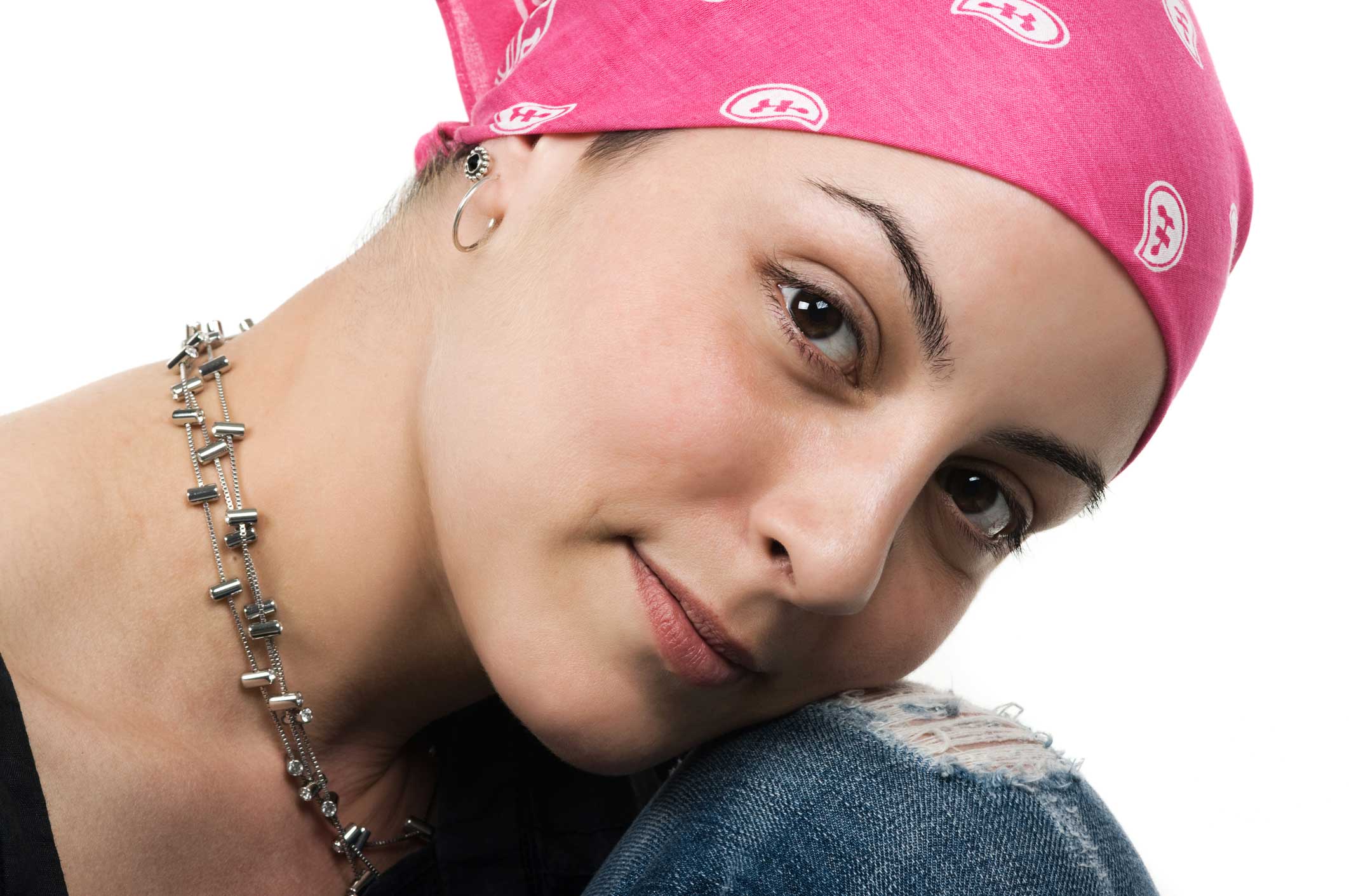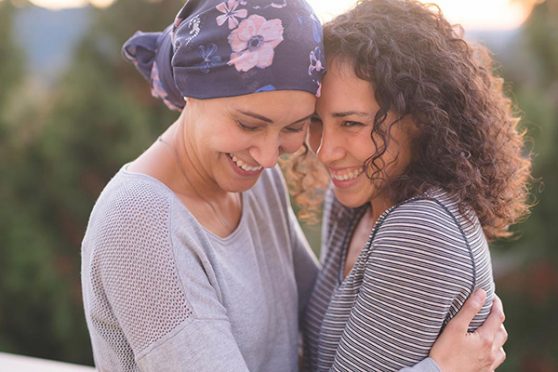By Katherine Del Prato
Family Nurse Practitioner
Hartford HealthCare Cancer Institute
Millions of women and men have faced a breast cancer diagnosis. This year alone, an estimated 276,480 women and 2,620 men will be diagnosed with breast cancer.
When that person is a family member or friend, you may wonder what you can do to lower your risk and best protect your health.
Although most people diagnosed with breast cancer have no family history of the disease, those with a family history may be at higher risk. Participation in a high-risk surveillance program can give you peace of mind, concrete data and a proactive plan focused on preventing and detecting cancer as early as possible.
Here are some of the factors that can determine if you or a loved one have a higher-than-average risk of developing breast cancer.
Strong family history of breast cancer, which may include:
- Immediate relative with a history of breast cancer under the age of 50.
- Multiple family members with a history of breast or ovarian cancer.
- Any male relatives with a history of breast cancer.
- Ashkenazi Jewish ancestry.
Also:
- Personal or family history of genetic mutations (such as BRCA 1, BRCA 2, Li-Fraumeni or Cowden syndrome).
- History of radiation to the chest between the ages of 10 and 30.
- A breast biopsy revealing atypical cells such as lobular carcinoma in situ or atypical hyperplasia.
By identifying risk factors, breast cancer specialists can offer a comprehensive risk assessment and recommend appropriate screening and preventative measures. For instance, in addition to a yearly screening mammogram, an ultrasound and/or breast MRI may be recommended. Risk-reducing medication and surgical options may also be considered.
An important component of the Hartford HealthCare Cancer Institute breast health services is its risk assessment and surveillance program. People can meet with one of our breast specialists regularly to review risk factors. During a visit, you’ll have a clinical breast exam, discuss lifestyle strategies and review the personally tailored surveillance program that has been designed for them.
A unique feature of the Hartford HealthCare Cancer Institute at The Hospital of Central Connecticut in Plainville is the option for same-day screening mammogram and ultrasound. Referrals may be made to other on-site services such as genetic counseling, medical oncology (to discuss potential risk-reducing medications, such as tamoxifen) or to plastic surgery (if risk-reducing surgery is being considered).
People working with a high-risk breast specialist along with the most advanced surveillance and diagnostic technology can take a proactive role in their breast health. If you or your health specialist believe that your risk of breast cancer may be higher than average, ask for a referral to meet with a high-risk breast specialist. The best way you can help spread awareness this October is to get your mammogram and encourage your loved ones to do the same.
Katherine Del Prato is a board-certified family nurse practitioner who specializes in high-risk breast cancer surveillance at Hartford HealthCare Cancer Institute at The Hospital of Central Connecticut in Plainville.


